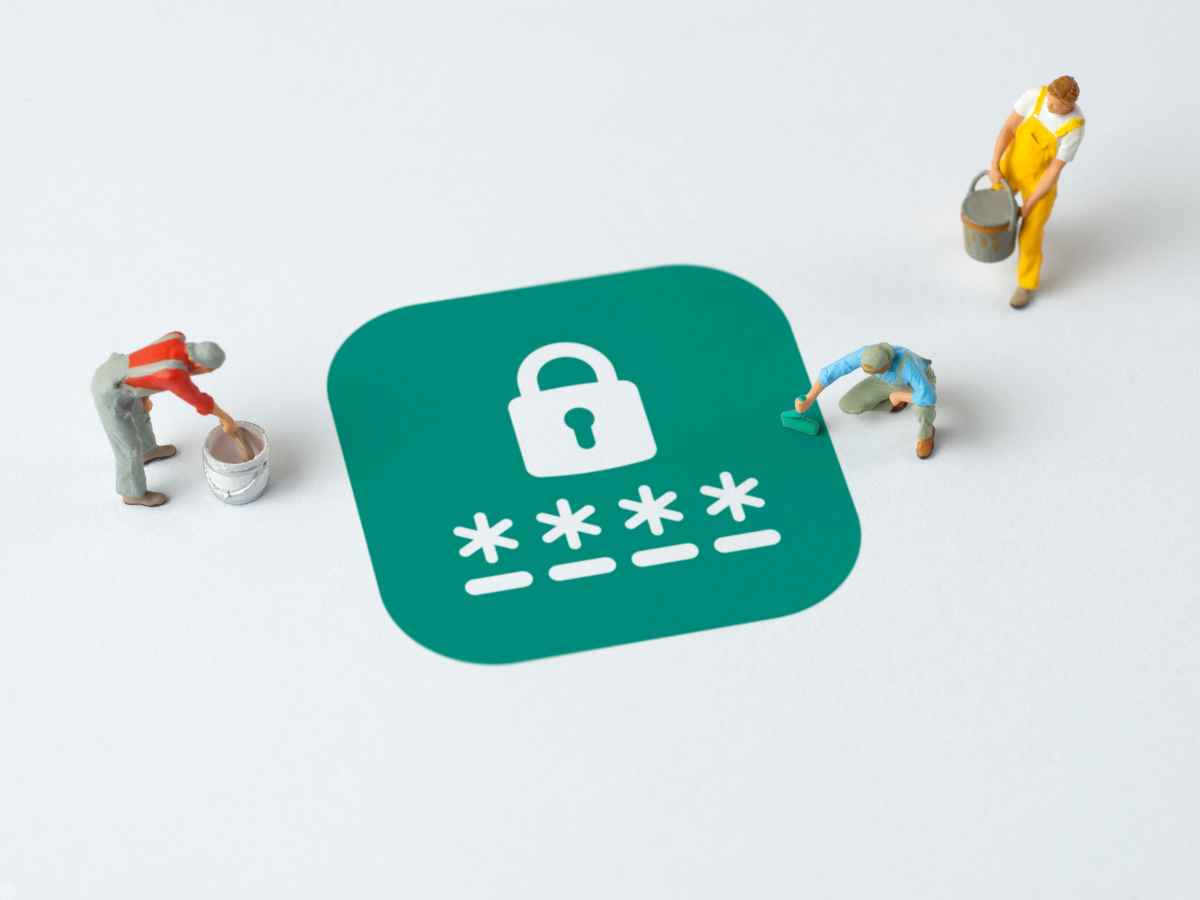A new, highly sophisticated phishing tool called GoIssue is sending shockwaves through the tech world, and GitHub users are in its crosshairs. Discovered by SlashNext, this dangerous tool targets developers and entire organizations by harvesting email addresses from public GitHub profiles. Once the attackers have access to these emails, they launch large-scale phishing campaigns designed to steal login credentials and compromise sensitive data. As GitHub continues to be a central hub for developers worldwide, the threat posed by GoIssue is not just alarming; it is a wake-up call for anyone relying on the platform to keep their projects and code safe.
GoIssue gathers email addresses from GitHub users’ profiles in an organized way. It looks at things like which organizations people belong to and what they have starred in. The tool uses automatic methods and GitHub tokens to get this info. Once bad guys have a list of emails, they start phishing attacks that look like real GitHub messages. These fake emails can fool people into giving away their login details, downloading harmful software, or letting sketchy OAuth apps see their private code storage.
A simple example of how this works: imagine you are a developer and receive an email that looks like a GitHub notification asking you to confirm your account details. If you click the link, you are taken to a fake GitHub page, where you unwittingly enter your credentials, giving attackers access to your sensitive data.
The tool, priced at $700 for a custom build or $3,000 for full source code access, can bypass spam filters and target specific communities, all while masking the attackers’ identity using proxy networks. This tool has been linked to the GitLoker extortion campaign, which has used similar tactics to push malicious OAuth apps, potentially leading to source code theft or breaches of corporate networks.
It is easier than you think to stay one step ahead of hackers. First, turn on two-factor authentication on GitHub; it is likelocking the door with a second key. Next, do not fall for those sketchy emails that ask for your info or try to lure you into clicking a link. Always double-check who is sending them. Also, take a minute to look at your OAuth app permissions and make sure no unauthorized apps are snooping around your account.
If you are part of a company, make sure your team has the best phishing protection in place and knows how to spot a scam. As phishing tools like GoIssue keep getting smarter, staying alert and following these simple steps can save you from a world of headaches.
Your data deserves protection, so keep it secure with a few simple actions!






